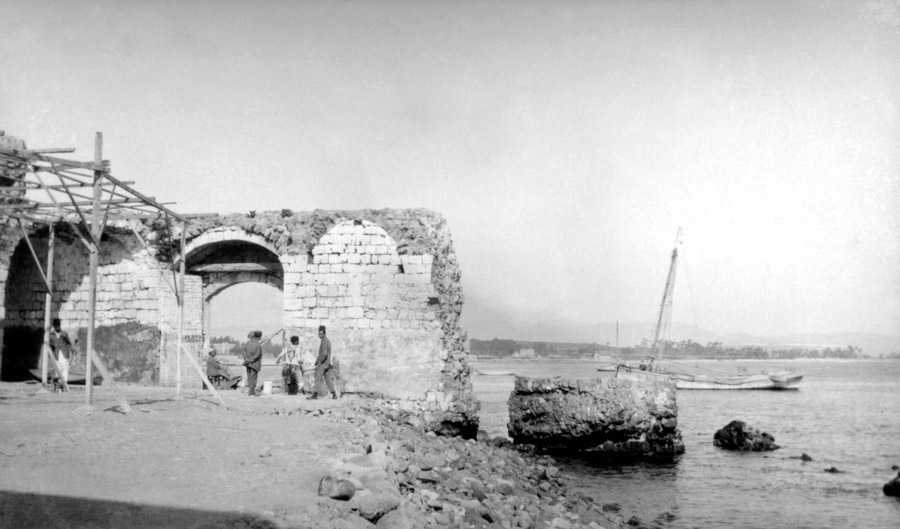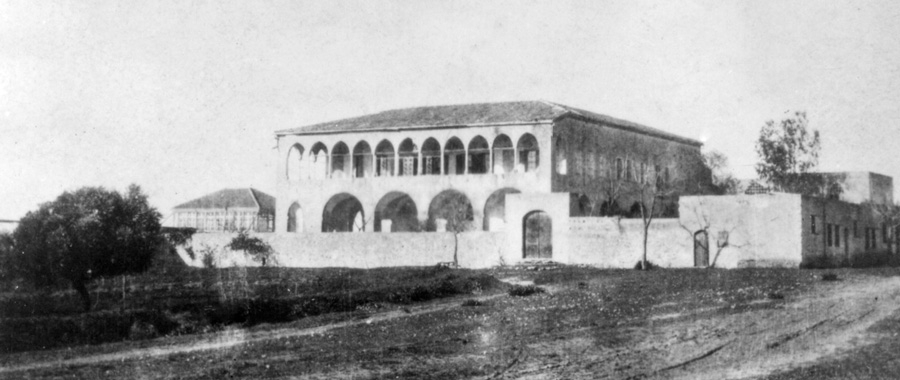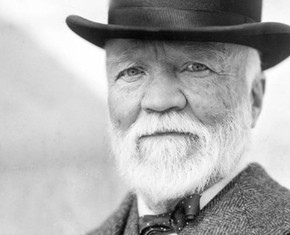The views expressed in our content reflect individual perspectives and do not represent the authoritative views of the Baha'i Faith.
Can you imagine it – a prisoner and an exile, consigned to the worst prison in the Ottoman Empire, becoming the best-loved and most revered figure in that land?
As had happened in Baghdad and Constantinople, the fame of Baha’u’llah grew wherever the government exiled him. They tried their hardest to suppress his teachings, but every effort to do so only made them spread more widely.
People would flock around the house where Baha’u’llah was confined, seeking to hear the voice or behold the face of the newest messenger of God. Finally the Turkish government decided that even Adrianople was too close to the capital, and exiled Baha’u’llah to the most remote outpost of the Ottoman Empire.
The place they chose for his next banishment – the fortress-city and penal colony of Akka, Palestine – was notorious for the foulness of its climate and its many diseases. The Ottoman authorities reserved its infamous cells for the incarceration of the most dangerous of criminals, a prison in which people were not expected to live very long. So bad was the very air that it was said that if a bird flew over the City of Akka it would fall down dead from the stench.

The members of Baha’u’llah’s family, together with a company of his followers, were exiled with him. For the next two years and two months, Baha’u’llah would be held in the fortress citadel itself under the strictest of orders to isolate him from visitors and from the general populace. Baha’is, nevertheless, continued to arrive from distant provinces and nations, seeking to be near him.
During this particularly difficult period of Baha’u’llah’s imprisonment, all pilgrims were turned away, heartbroken, without seeing him; but gradually this condition changed in a remarkable way.
One extremely hot night, one of Baha’u’llah’s sons, Mirza Mihdi, fell through a skylight while pacing the roof of the prison, rapt in prayer. He fell onto some crates which mortally wounded him. Baha’u’llah found his son conscious and offered to save his life but, instead of asking to be healed, Mirza Mihdi’s dying wish to his father was for his life to be accepted as a ransom for those who were prevented from entering Baha’u’llah’s presence.
Mirza Mihdi asked his father to accept the sacrifice of his life so that the pilgrims who had come from so far could meet, face to face, the messenger of God. Baha’u’llah granted his dying son’s request, and Mirza Mihdi was buried just outside the prison walls. In his writings, Baha’u’llah frequently praised his son’s selflessness and spirituality. On the day of Mirza Mihdi’s death, Baha’u’llah wrote:
Glorified art Thou, O Lord, my God! … Thou seest me in the hands of Mine enemies, and My son blood-stained before Thy face, O Thou in Whose hands is the kingdom of all names. I have, O my Lord, offered up that which Thou hast given Me, that Thy servants may be quickened and all that dwell on earth be united. – Baha’u’llah, quoted by Shoghi Effendi in This Decisive Hour, p. 47.
Very soon after the death of his son, Baha’u’llah’s restricted confinement was lessened and he was allowed to live under house arrest in a nearby building. Miraculously, the guards of the prison city began to allow Baha’i visitors through the gates.
For a long time the superstitious local population shunned the exiles, after being warned in public sermons from the Islamic mullahs against the so called “God of the Persians.” Life was very difficult for the small band of exiles, several of whom died as the result of the privations to which they were subjected. But the terrible conditions they endured ultimately transformed into better ones because of the powerful spiritual gravity of Baha’u’llah. His son Abdu’l-Baha, who suffered along with his father and the rest of the family and followers, later spoke about the role of the spirit in sustaining them:
During our imprisonment in Akka means of comfort were lacking, troubles and persecutions of all kinds surrounded us, yet notwithstanding such distressful conditions, we were able to endure these trials for forty years. The climate was very bad, necessities and conveniences of life were denied us, yet we endured this narrow prison forty years. What was the reason? The spirit was strengthening and resuscitating the body constantly. We lived through this long, difficult period in the utmost love and heavenly servitude. The spirit must assist the body under certain conditions which surround us, because the body of itself cannot endure the extreme strain of such hardships. – Abdu’l-Baha, The Promulgation of Universal Peace, p. 263.
This series of essays is adapted from Joseph Roy Sheppherd’s book The Elements of the Baha’i Faith, with permission from his widow Jan Sheppherd.
















Comments
Sign in or create an account
Continue with Googleor